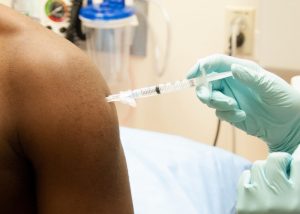When we talk about drugs failing in trial, it is not that the trialled drug has not been well researched or the composition poorly developed; instead, it does not prove to be safe or have the required efficacy. This result is simply a negative outcome from a good trial.

In contrast, a poorly-executed and designed trial with weak statistical data that has a slightly positive outcome will qualify as a failed trial, as it has wasted time and effort and will not stand up to scrutiny. This is why many leading drug companies enlist the help of a contract research organisation to ensure their trials are successful.
Key factors of failure
When identifying why a clinical drug trial has failed, there are six key drivers that have been pinpointed as the major culprits. These include study operations issues, flawed data collection/analysis, flawed study design, and inadequate basic science. Also included are the lack of correct dosage selections and an insufficient assessment of current care and disease area landscape.
These factors are all instrumental in failed drug trials and just one of them can have a huge impact. Even drugs that seem to meet all the right criteria sometimes end up failing; however, on closer inspection you will find that there were weak points in the process that affected the overall result.
A negative outcome
When enlisting the help of Paid Medical Trials you can highlight any early issues in drug trials should be spotted and rectified. If left unaddressed, these can cause huge issues. Paid Medical Trials from Trials 4 Us help to identify drugs that can help with a number of different medical conditions.
A negative outcome in phase one or phase two drug trials is to be expected in some cases and as many as 70 per cent of cases return a negative result; however, there is a lot more at stake when a drug has reached the third phase of testing and the financial implications for the sponsors are far greater than in the earlier testing phases.
Safety issues
There are two main reasons why drugs tend to not make it to market: safety and efficacy. Safety is obviously a huge concern and is partly the reason why such intensive trials are conducted, while efficacy is vital. If a drug does not produce the desired effect, it is not worth taking to market and investing in.



